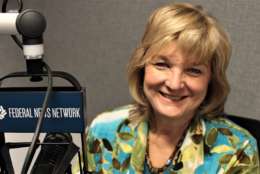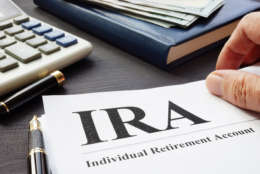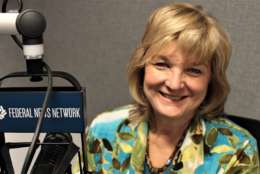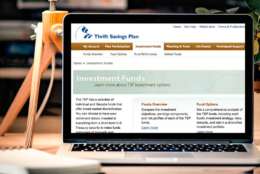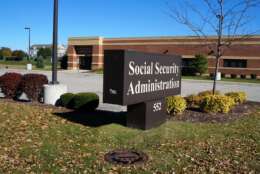Tammy Flanagan
-
Planning on enrolling in the Federal Employee Health Benefits Program after retirement? Ever hear of the 5-year rule? Many haven’t. Until it’s too late.
November 08, 2019 -
Have you asked yourself all the right questions about your retirement?
October 22, 2019 -
When it comes time to start withdrawing money from your TSP will you be glad you invested pre-tax, or wish somebody had talked to you about the Roth option?
October 15, 2019 -
Fast approaching is the health benefits open enrollment period from Nov. 11-Dec. 9, when workers and retirees should shop carefully for the best deal for them and their families.
October 09, 2019 -
Certain pieces of the federal retirement process can leave you feeling uneasy. There are a few steps you can take to make the process smoother though.
September 24, 2019 -
Thrift Savings Plan participants officially have access now to a variety of new withdrawal options. Here's what they mean, and here's how they might help you stay in the TSP longer into retirement.
September 16, 2019 -
The Thrift Savings Plan is an important part of retirement security for federal employees and has launched several new options for how to manage or take withdrawals from one's account.
September 16, 2019 -
Hundreds of federal and postal workers become retirement eligible every day. Although most don’t retire at the first opportunity.
September 09, 2019 -
Being a federal/postal worker can be satisfying and challenging at the same time. Being a married federal/postal worker can be doubly so.
September 06, 2019 -
The dominant Federal Employees Retirement System covers most working feds. It’s good but it has several moving parts.
September 04, 2019 -
Federal retirement expert Tammy Flanagan joined Federal Drive with Tom Temin to discuss some of the considerations employees should make.
August 14, 2019 -
Benefits expert Tammy Flanagan joins Your Turn today to answer questions about Social Security and retirement applicable to both federal and private sector workers.
July 24, 2019 -
Best listening experience is on Chrome, Firefox or Safari. Subscribe to Federal Drive’s daily audio interviews on Apple Podcasts or PodcastOne. No one ever said marriage was simple. For federal employees getting set to retire, having a spouse…
June 26, 2019 -
The good news for most long-time federal and postal workers, is that in retirement, you may be better off than many of your private sector neighbors.
May 08, 2019 -
A reader asks a tough question: How long should a terminally-ill fed keep working to get the most from their benefits?
April 24, 2019


